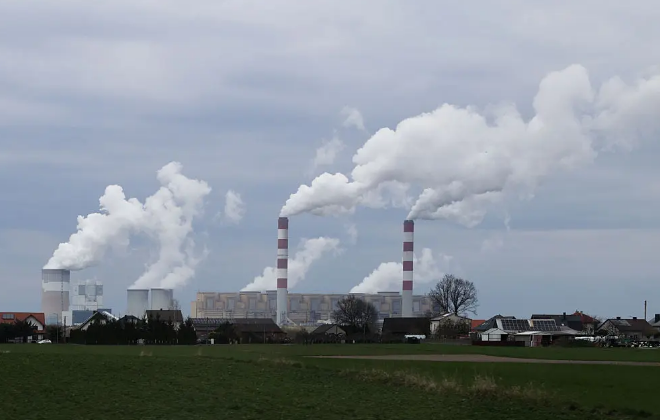A new study has revealed that up to 250,000 premature deaths linked to air pollution could be prevented in Central and Western Europe by 2050 if aggressive reductions in greenhouse gas emissions are adopted.
The research, published in the journal Earth’s Future and led by scientists from the University of Leeds, highlights the severe health risks posed by air pollution and how bold climate action could deliver major public health benefits. According to the World Health Organization (WHO), air pollution causes approximately 7 million premature deaths globally each year, making it the second leading cause of death behind high blood pressure.
The study focused on two harmful types of air pollution: fine particulate matter (PM2.5), which comes from sources like wildfires and construction and can penetrate deep into the lungs; and surface-level ozone, which forms when sunlight reacts with vehicle and industrial emissions. Both pollutants have been linked to serious health conditions, including heart disease, stroke, and respiratory infections.
Using atmospheric modeling, the researchers examined how different climate policy scenarios could affect air quality by 2050. The most ambitious scenario — defined by significant emissions cuts across the housing, transport, industry, and agricultural sectors — would bring PM2.5 levels below WHO guidelines for 70% of the population in Central and Western Europe.
This high-action scenario would not only reduce pollution and improve overall air quality but also significantly lower mortality rates. Importantly, the study also found that cutting emissions could reduce health inequities. Currently, lower-income regions in Europe face higher death rates from air pollution compared to wealthier areas. Researchers said strong climate action could help close this gap.
“Policy decisions on climate mitigation will have huge implications for public health,” said lead author Connor Clayton, a PhD student at the University of Leeds. “But it’s equally vital that policymakers address the inequality in air pollution exposure that continues to exist across Europe.”
The study comes as air quality in Europe has improved over the past two decades due to stricter EU regulations. However, pollution in many regions still exceeds EU and WHO standards. The researchers argue that current efforts must be intensified to protect vulnerable communities and ensure healthier futures.
The findings serve as a stark reminder that the fight against climate change is also a fight for cleaner air and better health — particularly for the millions living in areas still grappling with dangerous levels of pollution.









































